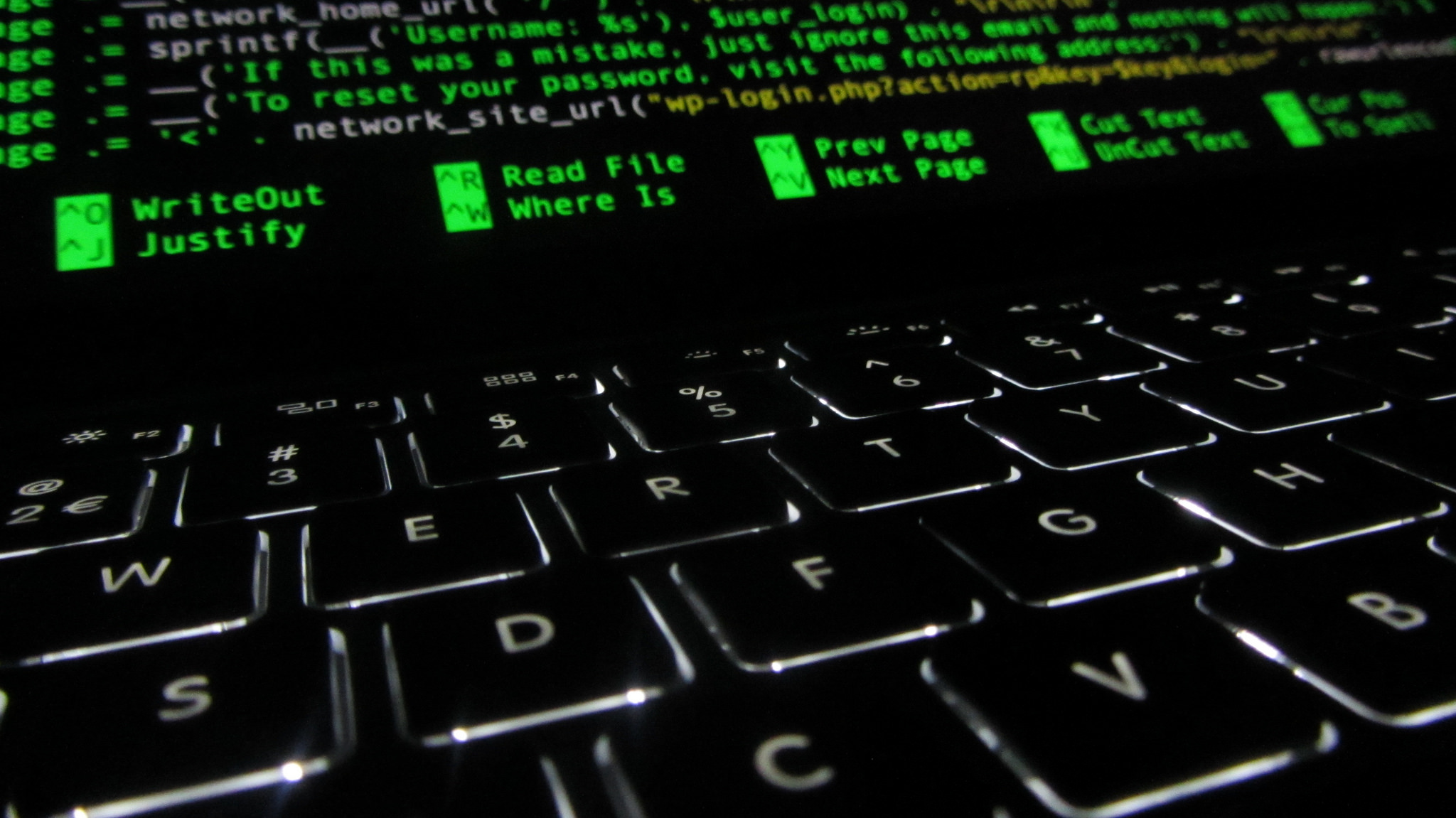Which is smarter–a computer, or one’s brain? Though most people may be compelled to say that a human brain would win in a toss-up, there are some aspects in which the brain falls short. For instance, humans don’t quite measure up in reaction time. While computers can make complex decisions in a thousandth of a second, humans find themselves limited to only about a fifth of a second, which is remarkably slower.
The strange thing is that the brain seems programmed to operate this way, purposefully slowing itself down. But why? One idea is that brains are parallel in their organization, meaning that they run large numbers of processes simultaneously. Human minds are hardwired to examine hundreds of different possible outcomes before moving forward with a decision, lest it prove harmful in the future, and this results in slower reaction times.
Image Source: Science Photo Library – KTSDESIGN
Another idea that has received considerable support is the “race” idea. During action potentials, multiple groups of neurons fire at once, sending signals across the body. Then, a sort of race occurs in which the first potential to arrive at the target “wins”. This race has been shown to be controlled by a structure in the brain known as the medial prefrontal cortex.
So, theoretically, interfering with this structure should decrease reaction times, right? In a study done by University College London Hospitals, researchers investigated this very question. Participants had electrodes implanted into this region of the brain, and when electricity was run through the medial prefrontal cortex, the temporary effect was comparable to what would occur if the region was removed.
The results were surprising. While performing alternating actions, such as repeatedly opening and closing fingers, subjects displayed accelerated reaction times, completely involuntarily. The effect varied as well; some subjects had increased movement speed, while others had faster speech. The results and time difference were such that researchers were almost certain that the speed gain was due to the removal of the “race” factor between neurons in making decisions.
Image Source: Paul Bradbury
So what does this mean for humans? Is the reign of the homo sapien over; is it time for machines to take over the Earth with their superior reflexes and thinking ability? Not quite. There is one trait that humans possess but computers don’t. Though the subjects of this experiment noted accelerated reaction times, the tradeoff was a more impulsive and poorly-planned decision that, in a real world situation, could have negative consequences. Computers may be able to decide faster, but individuals spend more time thinking, and thus their decision is more reliable.
So, in the end, what makes the human brain special isn’t its ability to make lightning fast decisions, but its choice not to.
Feature Image Source: source code security plugin by Christiaan Colen










